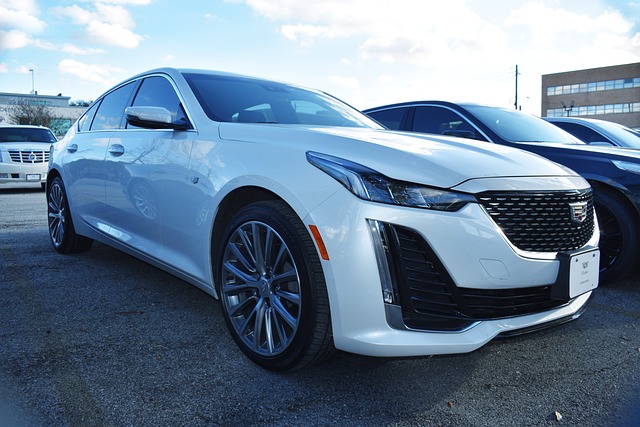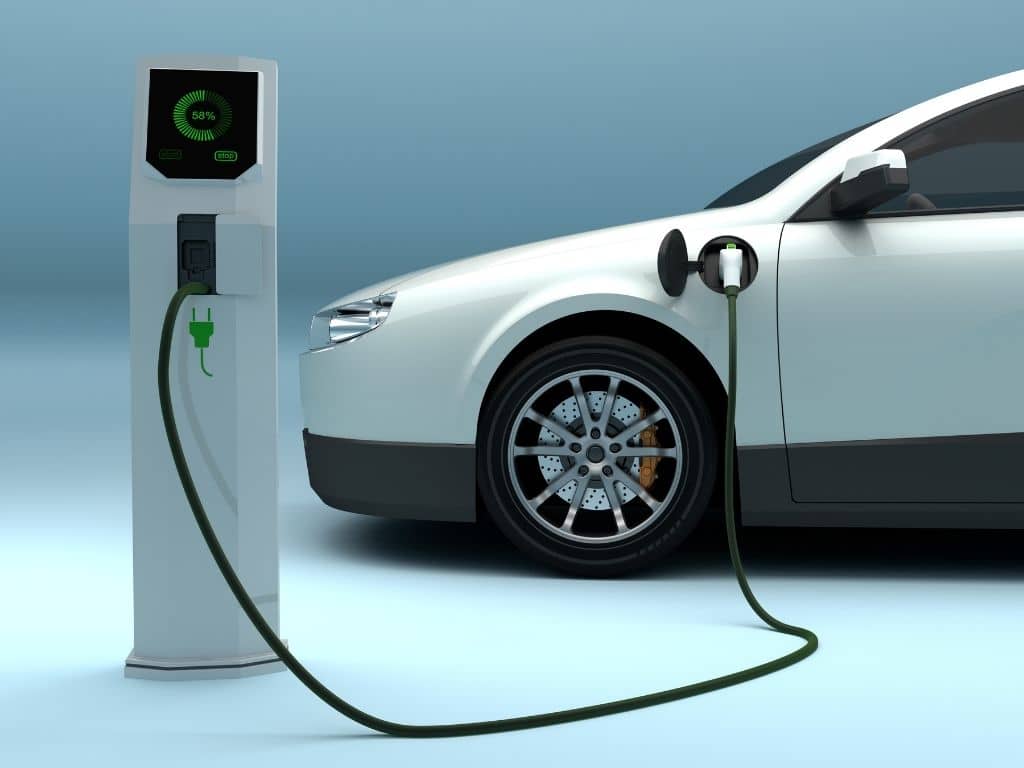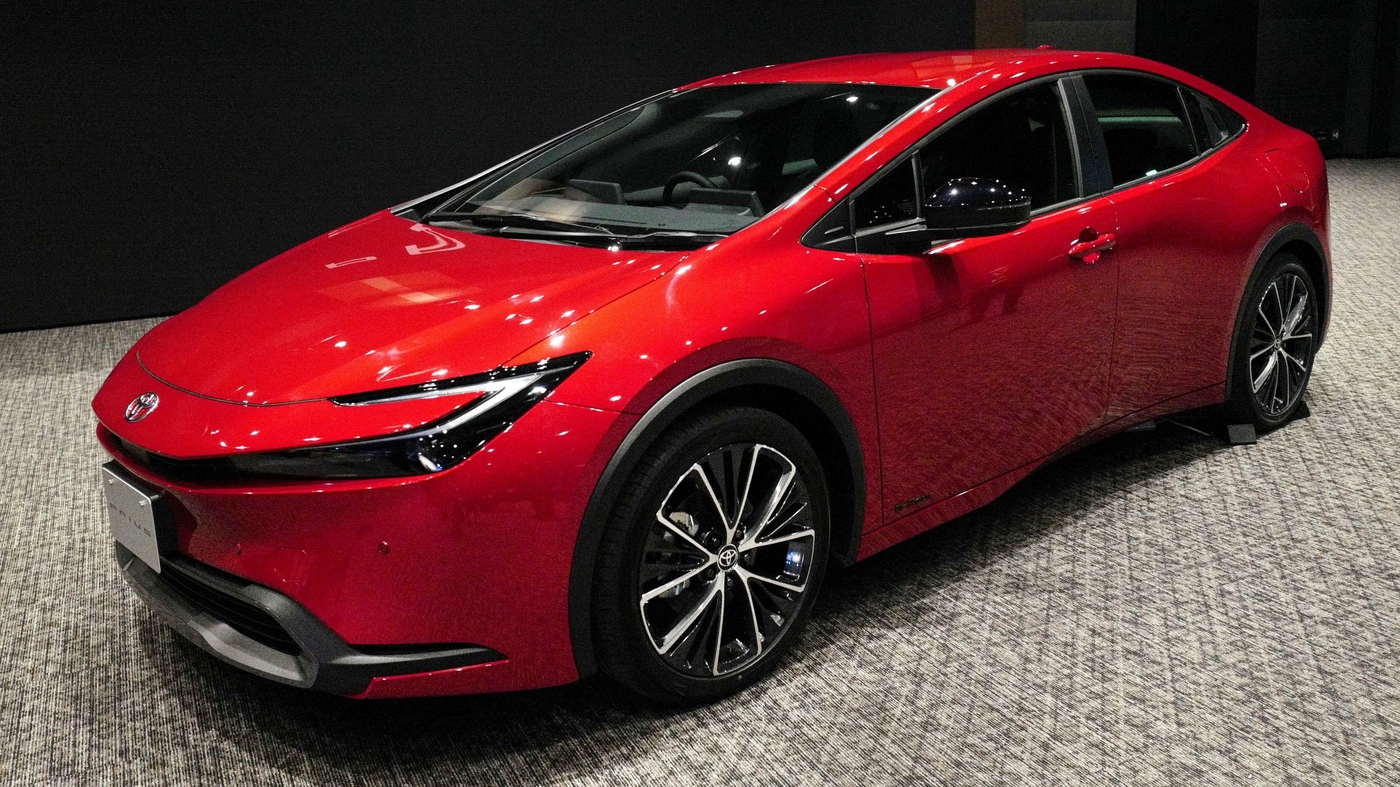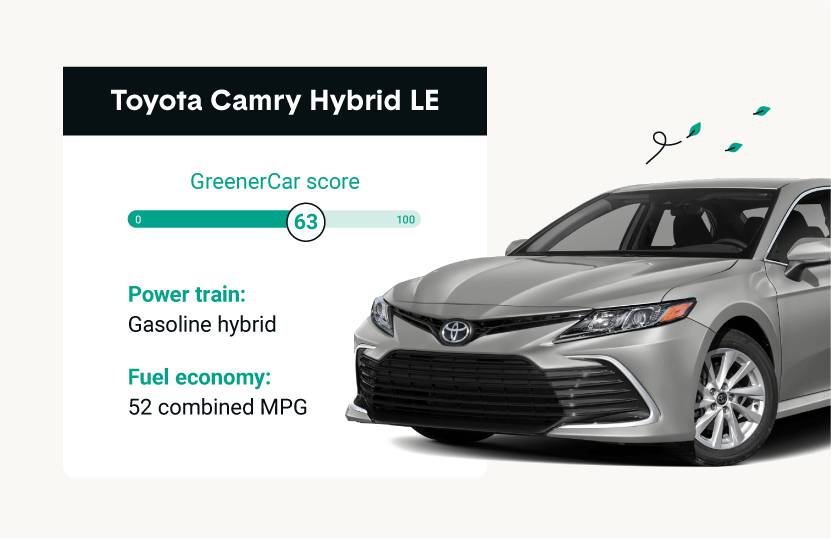With the increasing concern about climate change and the need to reduce pollution, eco-friendly cars have gained popularity among consumers. These vehicles offer a more sustainable alternative to traditional gasoline-powered cars, providing both environmental and financial benefits. This article will delve into the various types of eco-friendly cars available and their advantages, in addition to highlighting their potential to contribute to the preservation of our planet and economic well-being. By considering eco-friendly cars, individuals can make a positive impact on both the environment and their own wallets.
Overview of eco-friendly cars and their benefits

Eco-friendly cars, also known as green cars or environmentally friendly cars, are designed to minimize their environmental impact. They use alternative energy sources, emit lower levels of pollutants, and have higher fuel efficiency than traditional gasoline-powered cars. The benefits of eco-friendly cars include reduced greenhouse gas emissions, improved air quality, lower fuel costs, and potential tax incentives or rebates. With advancements in technology, there are now a variety of eco-friendly car options available to suit different preferences and budgets.
Impact of traditional cars on the environment and economy

The use of traditional cars has a significant impact on both the environment and the economy. Traditional vehicles emit greenhouse gases, contributing to climate change and poor air quality. These emissions also result in health issues and increased healthcare costs. Moreover, reliance on fossil fuels for traditional cars leads to economic vulnerabilities due to fluctuating fuel prices and dependence on foreign oil. The shift towards eco-friendly cars can help alleviate these negative impacts and promote a more sustainable and resilient future.
Hybrid Cars

Hybrid cars are becoming increasingly popular due to their numerous advantages. They combine the benefits of both gasoline engines and electric motors, resulting in improved fuel efficiency and reduced emissions. Hybrid cars use regenerative braking to recharge the battery, further enhancing their efficiency. With features like start-stop technology and aerodynamic designs, hybrid cars not only save money on fuel costs but also contribute to a cleaner environment.
Advantages of hybrid cars

Hybrid cars offer several advantages over traditional gasoline-powered vehicles. Firstly, they have improved fuel efficiency, allowing drivers to save money on fuel costs. They also produce lower emissions, reducing air pollution and contributing to a cleaner environment. Additionally, hybrid cars use regenerative braking to recharge their batteries, further enhancing their energy efficiency. Overall, hybrid cars provide a greener and more economical transportation option.
Different types of hybrid cars and their features

There are several types of hybrid cars available, each with their own unique features. The most common types include:
- Parallel Hybrid: These hybrids use both the gasoline engine and electric motor to power the vehicle. The gasoline engine charges the battery and provides additional power when needed.
- Series Hybrid: In series hybrids, the gasoline engine doesn't provide direct power to the wheels. Instead, it charges the battery, which powers the electric motor that drives the vehicle.
- Plug-in Hybrid: These hybrids can be charged by plugging them into an electrical outlet. They have larger battery packs than regular hybrids, allowing for longer electric-only driving ranges.
- Mild Hybrid: Mild hybrids use a smaller electric motor to provide additional power during acceleration. They cannot run on electric power alone but still offer improved fuel efficiency.
- Full Hybrid: Full hybrids can operate on either the gasoline engine, electric motor, or a combination of both. They can run on electric power alone at low speeds, making them more fuel-efficient.
Additionally, many hybrid cars feature regenerative braking, which captures and stores the energy generated during braking. This energy is used to recharge the battery, further enhancing fuel efficiency. With a variety of hybrid types and features available, there is a hybrid car to suit the needs and preferences of different drivers.
Electric Cars

Electric cars are a key player in the eco-friendly car market. They are powered by electricity stored in rechargeable batteries, emitting no tailpipe emissions and reducing greenhouse gas emissions. With advancements in technology, electric cars now offer longer ranges, faster charging options, and a growing infrastructure of charging stations. Their lower operating costs also save owners money in the long run. The popularity of electric cars continues to grow as more people recognize their environmental and cost-saving benefits.
Benefits of electric cars for the environment and cost savings

Electric cars provide significant benefits for the environment and offer substantial cost savings. These vehicles produce zero tailpipe emissions, reducing greenhouse gas emissions, air pollution, and dependence on fossil fuels. Additionally, electric cars have lower operating costs compared to traditional gasoline-powered cars. With no need for gasoline and fewer mechanical parts to maintain, owners can save money on fuel and maintenance expenses over time. The combination of environmental sustainability and cost savings makes electric cars a compelling choice for eco-conscious consumers.
Range, charging options, and infrastructure for electric cars

When it comes to electric cars, one important consideration is their range - the distance they can travel on a single charge. Electric cars have made significant advancements in range capability over the years, with some models now able to travel over 300 miles on a single charge.
In terms of charging options, electric cars can be charged at home using a standard electrical outlet or a dedicated charging station. Public charging stations are also becoming more common, making it easier for electric car owners to charge their vehicles while on the go.
Infrastructure for electric cars, including the availability and accessibility of charging stations, is steadily increasing. Governments and organizations are investing in the development of charging networks to support the growing number of electric vehicles on the road. This infrastructure expansion helps alleviate the concern of running out of power while driving, further promoting the adoption of electric cars.
Plug-in Hybrid Cars

Plug-in hybrid cars offer the best of both worlds, combining the benefits of electric and traditional combustion engines. They have a larger battery pack than regular hybrids, allowing for longer electric-only driving range. When the battery is depleted, the combustion engine takes over, ensuring extended range. Plug-in hybrids can be charged at home or at public charging stations, offering convenience and flexibility. With lower emissions and improved fuel efficiency, these vehicles are a smart choice for eco-conscious drivers.
Features and benefits of plug-in hybrid cars

Plug-in hybrid cars offer a range of features and benefits that make them an attractive option for eco-conscious drivers. Some key features include a larger battery pack, allowing for longer electric-only driving range, and the ability to charge at home or at public charging stations. The combination of electric and combustion engine power ensures extended range and flexibility. Plug-in hybrids also offer lower emissions and improved fuel efficiency compared to traditional vehicles, making them a smart choice for reducing carbon footprint and saving on fuel costs.
Comparisons between plug-in hybrid cars and traditional vehicles

When comparing plug-in hybrid cars to traditional vehicles, there are several key differences to consider. Plug-in hybrids offer the flexibility of both electric and combustion engine power, allowing for longer driving range and reduced emissions. Traditional vehicles, on the other hand, rely solely on internal combustion engines, resulting in higher fuel consumption and increased carbon emissions. Additionally, plug-in hybrids typically have higher upfront costs but can save money in the long run through lower fuel costs and potential tax incentives.
Fuel-Efficient Cars

Fuel-efficient cars are vehicles designed to maximize fuel economy and minimize fuel consumption. These cars use advanced technologies such as lightweight materials, aerodynamic designs, and efficient engines to achieve higher miles per gallon (MPG). Choosing a fuel-efficient car can lead to significant cost savings on fuel expenses while also reducing carbon emissions. It is important to consider factors such as vehicle size, engine type, and driving habits when selecting a fuel-efficient car.
Factors to consider for fuel-efficient cars

When considering fuel-efficient cars, several factors come into play. First, vehicle size and weight can impact fuel efficiency, with smaller and lighter cars generally achieving better MPG. Second, engine type, such as hybrids or diesel engines, can significantly affect fuel consumption. Finally, driving habits and conditions, including city or highway driving, can impact fuel efficiency. It's essential to consider these factors when choosing a fuel-efficient car.
Top fuel-efficient car models and their features

When it comes to fuel-efficient cars, there are several models that stand out. The Toyota Prius, known for its impressive MPG and innovative hybrid technology, has long been a leader in this category. The Honda Civic and Chevrolet Cruze are also known for their fuel efficiency and sleek design. For those seeking an electric car, the Tesla Model S and Nissan Leaf offer impressive range and advanced features. These models not only help save the environment but also provide cost savings in the long run.
Conclusion
In conclusion, eco-friendly cars play a vital role in both saving the planet and your wallet. With advancements in hybrid, electric, and plug-in hybrid technology, these vehicles offer significant advantages in terms of fuel efficiency, reduced emissions, and long-term cost savings. It is important to consider these options when purchasing a car to contribute to the efforts of mitigating climate change and reducing pollution. Regular maintenance and charging infrastructure adoption are crucial for optimal performance and convenience. Choosing an eco-friendly car is a smart decision for a greener future.
Importance of eco-friendly cars in mitigating climate change and reducing pollution

Eco-friendly cars play a crucial role in mitigating climate change and reducing pollution. By using alternative fuels and emitting fewer greenhouse gases, these vehicles contribute to the global effort of combating climate change. They also help improve air quality by reducing harmful emissions such as carbon dioxide and nitrogen oxides. Choosing eco-friendly cars can make a significant impact and create a cleaner and healthier environment for future generations.
Tips for purchasing and maintaining eco-friendly cars
When purchasing an eco-friendly car, it is important to consider factors such as the vehicle's fuel efficiency, emissions rating, and overall environmental impact. Conduct thorough research, compare models, and seek out incentives and rebates for eco-friendly vehicles. To maintain your eco-friendly car, follow manufacturer guidelines for regular maintenance and servicing. Consistent maintenance will ensure optimal performance and reduce emissions. Additionally, consider adopting eco-friendly driving habits, such as avoiding excessive idling and aggressive acceleration.